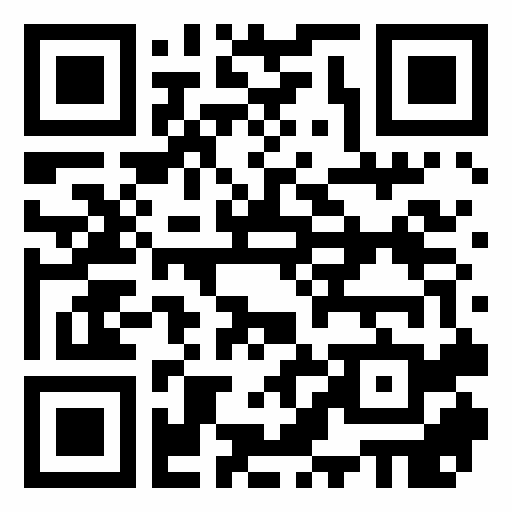Shahriar Sakhaei1, Hassan Ebrahimpour Sadagheyan2, Hossein Motaarefi3, Soryya Zinalpoor*4
Background and Aim: leisure time can be a great indicator of personal intellectual peculiarities and the culture of community that one lives there. Proper utilization of leisure time, play an important role in the prevention of adverse effects on mental health and it is effective in providing mental health and liberal thinking. This study was conducted to find out the relationship between leisure time and mental health among students of Khoy nursing and health faculty.
Material and methods: In this cross-sectional study, 180 persons among students of Khoy nursing and health faculty were selected via census in 2016. To collect data, two questionnaires such as 25-question leisure time and 28-questions general health questionnaire of Goldberg/ Hiller were used. To describe the data in the form of frequency table, average indexes and standard deviation were carried out using SPSSv16 software. Also, independent sample T-test and one-way ANOVA were used to analyze the relationships at a significance level of less than 0.05.
Results: The majority of leisure time activities include sport (86.7%), religious activities (60%), membership of associations and organizations (58.9%), and participation in cultural and educational classes (48.9%). In the present study, the leisure time entertainment (LTE) of students include visiting relatives and friends (26.7%) and going to park (23.3%). The results showed that most of the students had relatively desirable mental health (90%). Moreover, statistically significant difference (p<0.05) between mental health score and doing sport, participation in cultural and educational classes, and type of entertainment was observed, which showed the direct and effective relationship between mental health and leisure time activities.
Conclusion: Today, with the development of science, technology, and inventing new methods to benefit from leisure time, it could be possible to use expanded leisure time activities in universities by controlling and applying individual and social management to create vitality and enhance positive mental health
